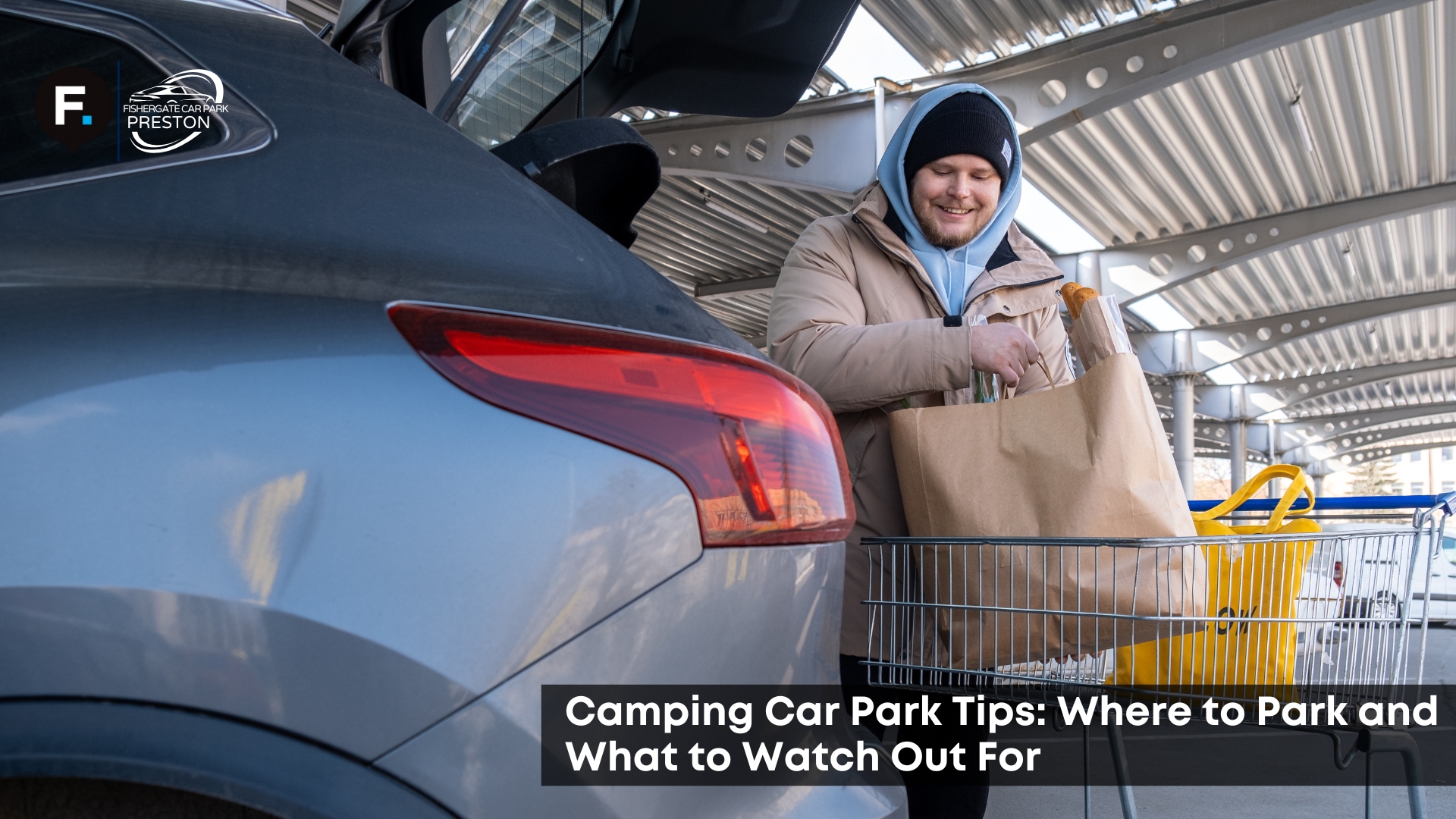Camping Car Park Tips: Where to Park and What to Watch Out For
Planning a camping trip but unsure where to park safely overnight? Many travellers underestimate the importance of choosing the right campsite or campervan park. Whether you’re staying in the UK or heading to a campervan park in France, knowing the rules makes your trip smoother. At Fishergate Car Park Preston, we understand the value of safe, legal, and stress-free parking, especially when it involves your home on wheels. Let’s explore what to look out for before your next countryside stopover.
What Should You Look for in a Good Camping Car Park?
A good camping car park should offer flat, well-lit bays with easy access to basic facilities. Check if it has proper signage, waste disposal facilities, water access, and dedicated spaces for large vehicles, such as campervans. Choosing a campervan park that allows overnight stays and marks the designated zones will help you avoid problems. A proper surface, space between bays, and barrier-free entry can make your arrival and exit much easier. Once you know what makes a good stop, it helps to understand the rules for staying overnight.
Are There Rules for Overnight Parking at Campsites and Car Parks?
Yes, most campsites and dedicated camping car parks have clear rules about overnight stays. These may include quiet hours, limits on stay duration, and specific parking areas for your camping car. In places like a camping-car park in France, staying overnight without following posted rules can lead to fines or removal. UK locations often require permission or have designated bays. If you’re considering a rural lifestyle, be sure to check if parking is permitted in the area.
Can You Park Anywhere in the Countryside When Camping?
No, you cannot legally camp anywhere in the countryside. In the UK and across most of Europe, the laws governing wild camping vary by region and land ownership. While some areas in Scotland permit it, most locations in England, Wales, and even parts of France restrict overnight vehicle stays without the landowner’s permission. Selecting a suitable camping or parking spot in Europe helps you stay within the law and avoid disturbing residents. Safety is also easier to manage in approved parking zones.
How Do You Know If a Camping Car Park Is Safe and Legal?
To confirm safety and legality, check whether the car park is listed with local councils, campsite directories, or recognised camping-car park networks. Well-maintained lighting, CCTV, or an on-site warden are signs of a safe place. Look for online reviews and official seals or permits displayed on-site. Booking platforms often indicate whether the site is fully registered, providing you with peace of mind. Planning around safety naturally brings us to timing your arrival.
What’s the Best Time to Arrive to Get a Good Spot?
The best time to arrive at a camping car park is mid-morning or early afternoon. This avoids late-night rushes and gives you the chance to pick a level spot with easy access to facilities. Arriving in daylight makes it easier to spot hazards or signage. Many popular spots, especially in France and throughout Europe, fill up early in peak season. To make your arrival even smoother, consider booking your stay in advance or checking resources like Where to leave your car in Preston for helpful tips and parking guidance.
Should You Book Your Campsite in Advance?
Yes, booking in advance is often the best choice during busy months. Popular camping-car parks in France, as well as rural UK spots, can fill up quickly in summer. Online booking platforms help you secure your space, often with access codes for gated entries. You also avoid unexpected closures or a lack of availability. While booking is smart, it’s also useful to know the true cost before confirming.
Are There Any Hidden Charges in Camping Car Parks?
Yes, some campgrounds may add hidden charges for water, electricity, waste disposal, or extended stays. Always read the full pricing details before booking to avoid surprise costs. In some European car park locations, even daytime use of campervans may incur additional fees. Watch for time limits, service charges, and non-refundable booking fees. With charges covered, you can focus on what facilities to expect.
What Facilities Should You Expect at a Proper Camping Car Park?
A proper camping car park typically provides water points, waste bins, grey water disposal facilities, electric hook-ups, and lighting. Many will have Wi-Fi, toilets, or even shower access. Some camping-car park France locations even offer secure gated entries and lounge areas. Having these facilities improves your comfort and safety. To use some of them, you may need a permit or pass.
Do You Need a Special Permit or Parking Pass When Camping?
Yes, many managed camping car parks and camping areas require a permit, pass, or booking confirmation. This is especially common in national parks, European car park systems, and coastal towns in the UK. Make sure you display your permit clearly on your dashboard or windscreen. Failing to do so can result in fines or being asked to leave the premises. It’s also important to brush up on basic parking safety, like what should you do when you park a car facing downhill. Knowing the permit process and essential parking tips ensures a worry-free stay.
How Smart Parking Choices Make Your Camping Trip Easier and Safer
Choosing the right camping car park makes your trip more relaxed, lawful, and comfortable. From checking safety features to knowing when and where to park, smart planning is key. With a bit of foresight and awareness of local rules, your holiday can start and end without stress. Find out more about how to support good parking habits for every kind of trip, whether you’re in a tent or a campervan.


Leave a Reply